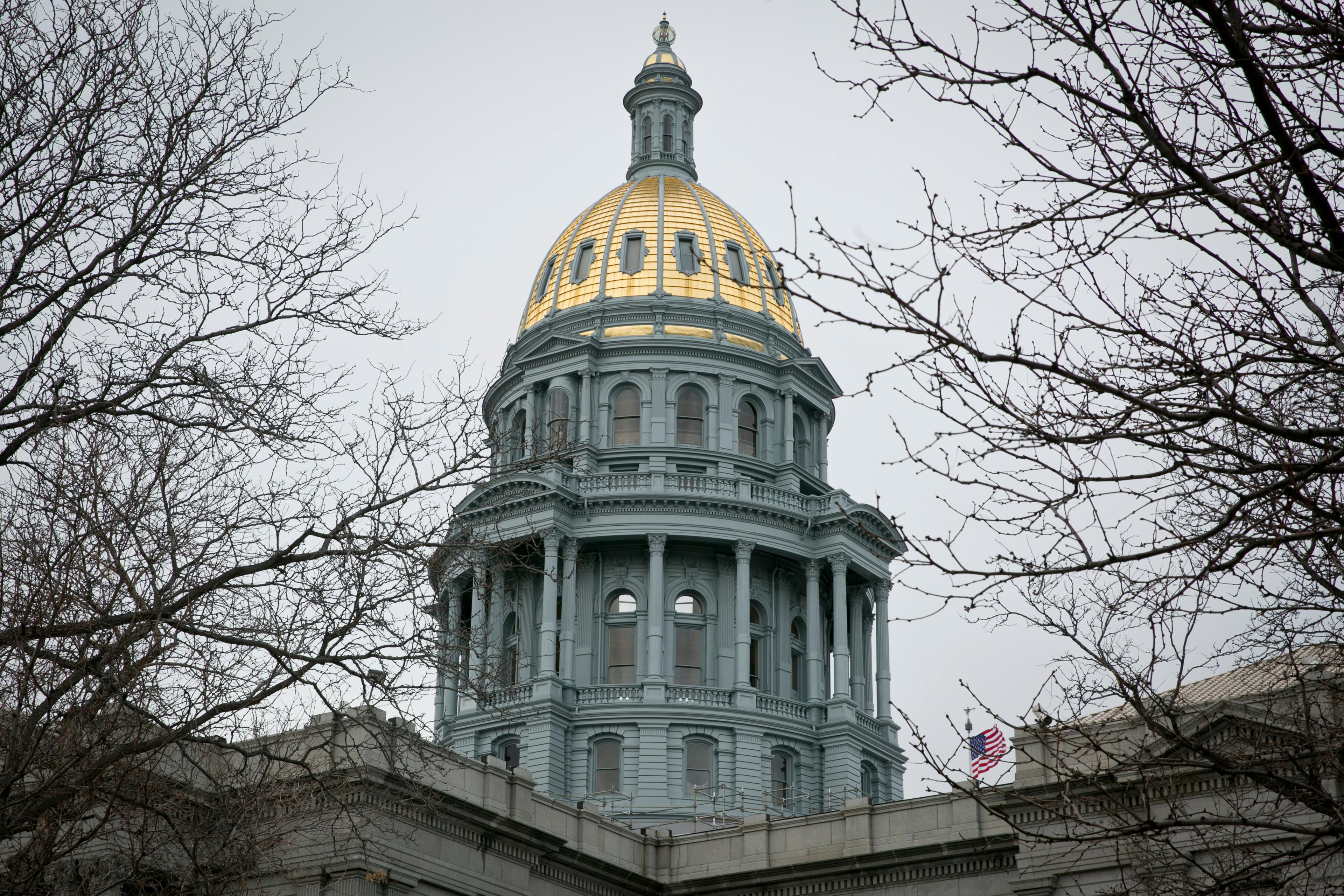

Nearly half of all state legislatures have taken action to reconsider internal policies and state laws on sexual misconduct. Colorado is midstream in its effort to effect change.
A group of state lawmakers looking to improve the both workplace culture and the handling of harassment complaints met Thursday.
The six member bipartisan committee has so far agreed on some policy recommendations, particularly in cases where state lawmakers are investigated for sexual harassment and allegations are found to be credible.
- Bathroom Complaint: The Investigation Is Over, But No One's Talking
Misconduct allegations against five lawmakers — one of which led to the first expulsion of a Colorado lawmaker in 103 years — and partisan rancor over the handling of claims left some hard feelings at the end of the previous session.
Republican committee member Sen. Bob Gardner of Colorado Springs wants to take legislative leadership out of the decision making process.
“We should have an independent committee, probably a committee for each chamber, made up of equal numbers of the two major parties to make recommendations about what should be done about a particular member,” he said.
Democratic Speaker of the House Crisanta Duran took that idea further and suggested including an employment law expert and a victim advocate on any recommendation panel.
“Other people who have levels of expertise that could be helpful in the conversation and help get the perception that politics could get in the way of a just outcome.”
It’s a proposal that is still not ironed out.
The group is also debating whether it’s appropriate — or legal — to require lobbyists who work in the Capitol to go through sexual harassment training. And it’s not clear how the legislature could punish lobbyists and other third parties who violate the policy.
There’s also the question of what information should be public when it comes to credible complaints against sitting lawmakers. The committee has two more meetings to finalize recommendations. Some of the rule changes would need to pass both chambers in the 2019 legislative session to take effect.









